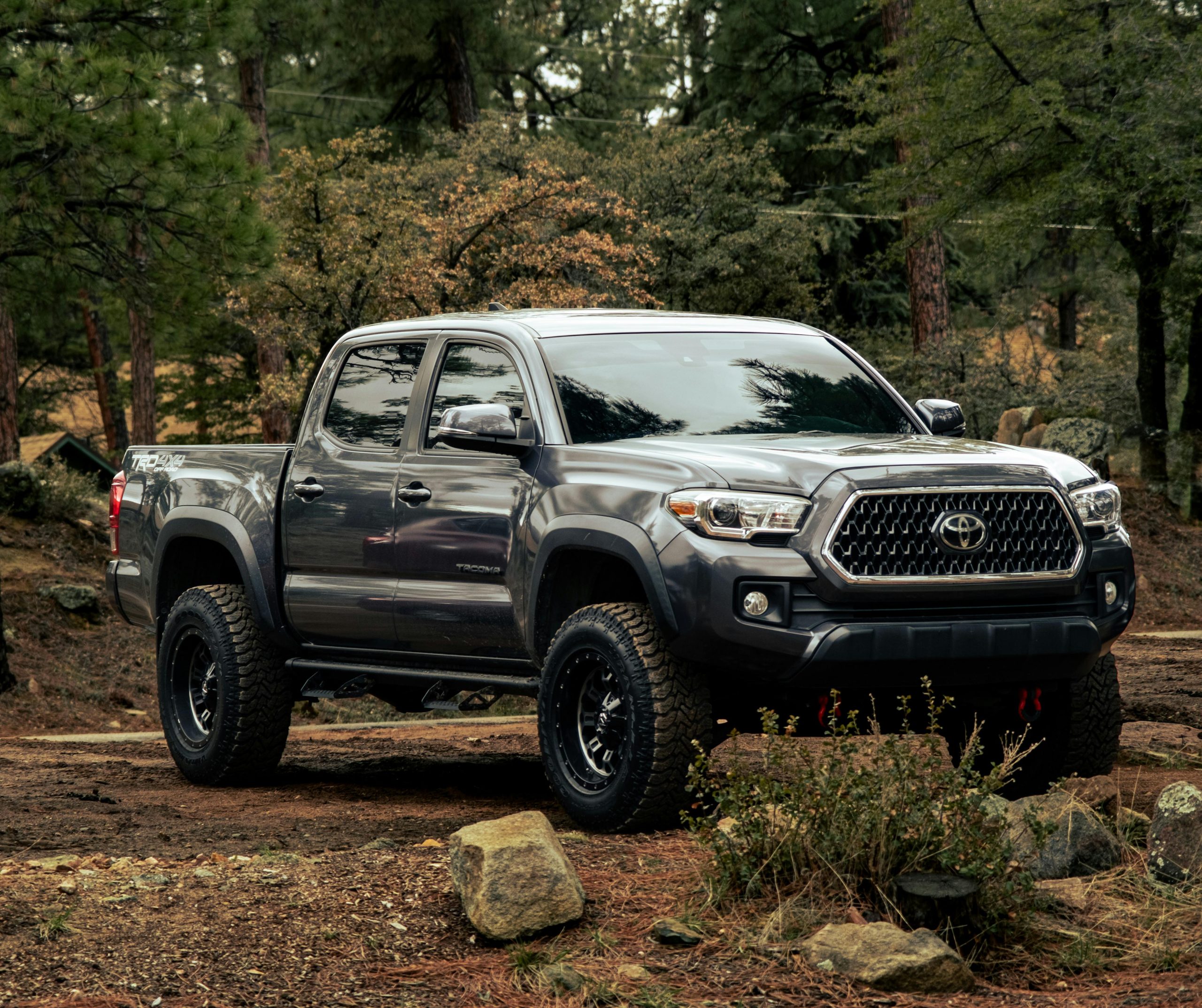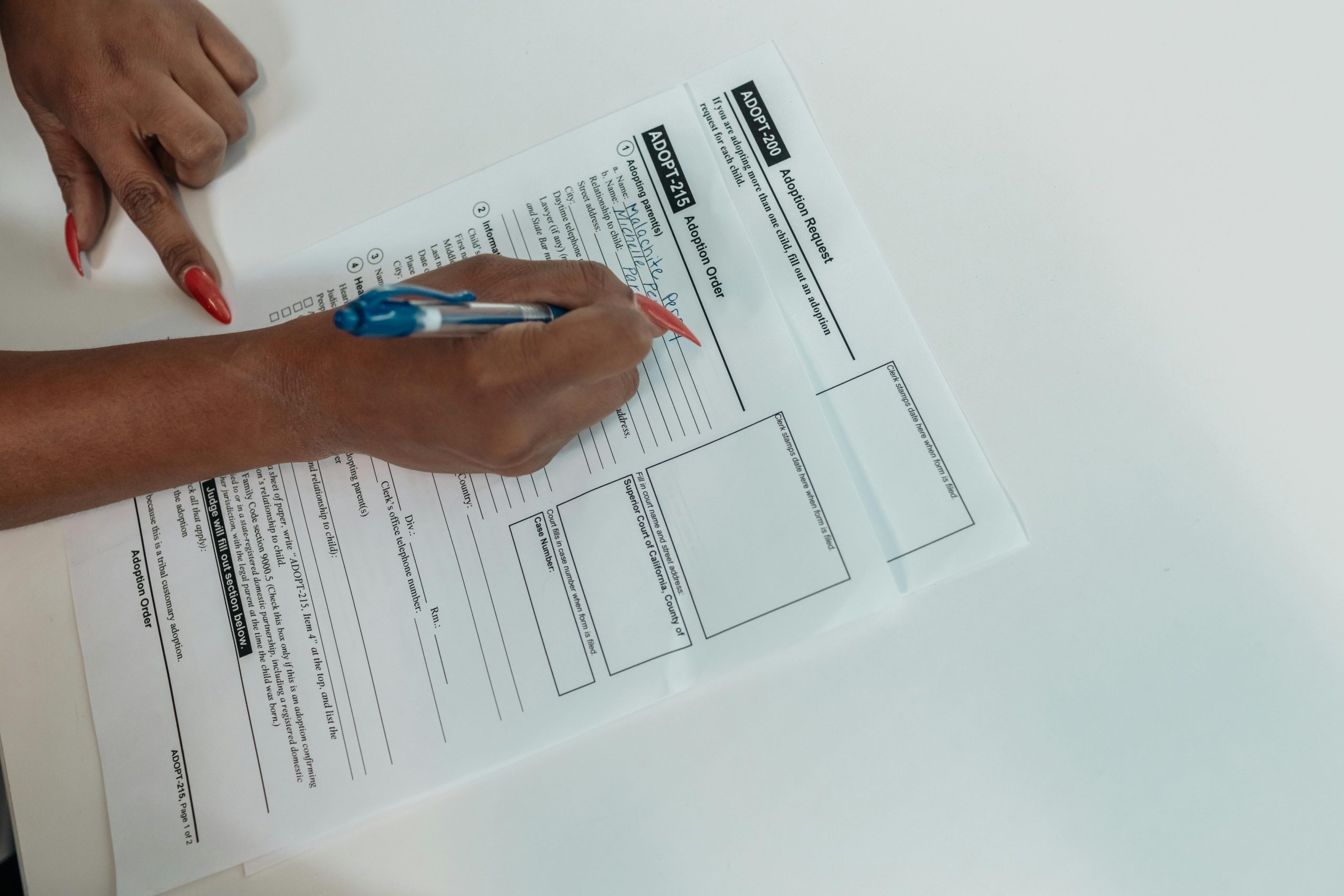Understanding Your Rights and Next Steps After a Truck Accident Without Valid Insurance Coverage
In the aftermath of a minor highway collision involving a truck, many questions can arise—especially when the trucking company appears to lack valid insurance. Here’s a detailed overview of a recent incident and guidance on how to navigate this challenging situation.
The Incident:
A small accident occurred on the highway when a trucker merged improperly over double solid lines into our vehicle, resulting in estimated damages of approximately $11,000. The truck driver provided an insurance policy, which was photographed at the scene. However, upon investigation, it was discovered that the policy had lapsed two months prior to the incident.
Insurance Details and Company Research:
Contacting the driver’s insurer revealed that the insurance policy was inactive at the time of the accident. Further inquiry with the trucking company’s management was met with evasiveness, as they asked to be contacted later when available—they have since avoided further communication.
Using public records, such as the FMCSA’s DOT registration database, the company’s active insurance appears limited to a marine insurance policy through Geico, which is not applicable to commercial trucking operations. Industry insights suggest some trucking firms may use non-trucking policies or short-term coverage to meet legal requirements temporarily, even when their primary operations are uninsured.
Regulatory Filings:
Interestingly, the company filed their MCS-150 form only three days after the collision, which raises questions about their compliance and intentions.
Legal and Practical Considerations:
Given these circumstances, you’re faced with several important decisions:
-
Is the trucking company deliberately delaying action, perhaps hoping the issue will be forgotten?
-
Should you engage immediately with a lawyer or send certified correspondence requesting compensation for damages?
-
Would it be prudent to consider initiating legal action without further delay to protect your rights?
Insurance Concerns:
Your situation involves additional complexities. The driver involved, your father-in-law, has full coverage on his personal vehicle but was operating for Uber at the time of the accident. If his Uber insurance was active, it may provide coverage; however, he has not disclosed this to his personal insurer. This raises concerns about potential claim denials or policy cancellations if a claim is filed.
Furthermore, there’s the possibility that the trucking company holds other insurance policies not publicly listed or visible in standard records, which could affect liability and compensation.
Recommended Actions:
Given these factors, it’s advisable to:
- Consult an experienced transportation or personal injury attorney promptly to understand your legal options and ensure your rights are protected



